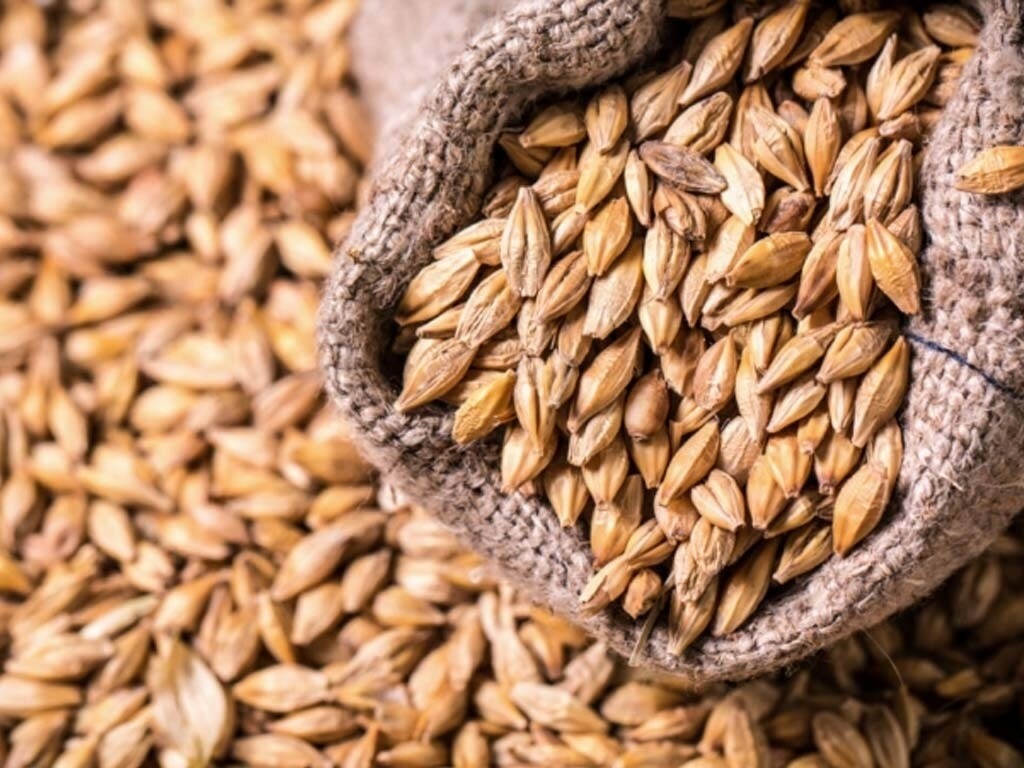ISLAMABAD: Wheat is the staple food in Pakistan and its production plays a significant role in the country’s economy. However, in recent years, the crop production has been declining, which might lead to food shortage in near future, said Dr Sikandar Khan, Principal Scientific Officer at the National Agricultural Research Council (NARC).
“The primary reason for this decline in wheat production is the low yield per hectare due to the outdated farming techniques and use of traditional varieties. The traditional varieties have been in use for many years, and their genetic potential for yield has exhausted. Therefore, there is a need to introduce new and high-yielding varieties to meet the increasing demand for food,” he said.
“Hybrid wheat is the solution to this problem. It’s a cross between two different varieties that have desirable traits. This process results in a hybrid that has a higher yield potential than either of its parents.”
“Compared to the traditional wheat varieties, the hybrids can yield up to 30% more grain per hectare, making them an attractive option for farmers in Pakistan,” he added.
Dr Sikandar Khan said, “In Pakistan, adoption of hybrid wheat has been slow due to various reasons, including the lack of awareness and resistance from the farmers. However, the government has realized the potential of hybrid wheat and is taking steps to promote its adoption.
According to the Pakistan Bureau of Statistics, during 2021-22, area on which wheat was sown decreased to 8,976 thousand hectares (2.1 percent) compared with 9,168 thousand hectares last year. Wheat production declined to 26.394 million tonnes (3.9 percent) compared to the production of 27.464 million tonnes last year.
The average yield per hectare in Pakistan is 2.9 tons, which is significantly lower than the average yield in other wheat-producing countries. However, the average yield per hectare of hybrid wheat is much higher than the traditional wheat varieties. Hence, adoption of hybrid wheat can increase production in Pakistan and meet the increasing demand for food.
Apart from the higher yield potential, hybrid wheat has other benefits as well. It is resistant to diseases and pests, which reduces the use of pesticides and herbicides. Moreover, it is also drought-resistant, which is beneficial for areas that face water scarcity.
The NARC scientific officer suggested that the government, agricultural experts, and farmers should work together to promote the adoption of hybrid wheat and modern farming techniques.
The government should provide subsidies and incentives to the farmers to switch to hybrid wheat, and the experts should educate the farmers about the benefits of hybrid wheat and provide them with the necessary training.
Lastly, the farmers should be willing to adopt new technologies and farming techniques to increase the yield and contribute to the food security of Pakistan.






